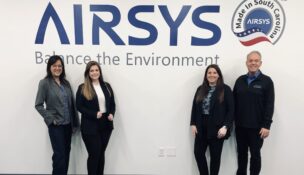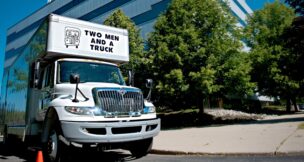New structure to power evolution of Next
Ross Norton //December 18, 2020//
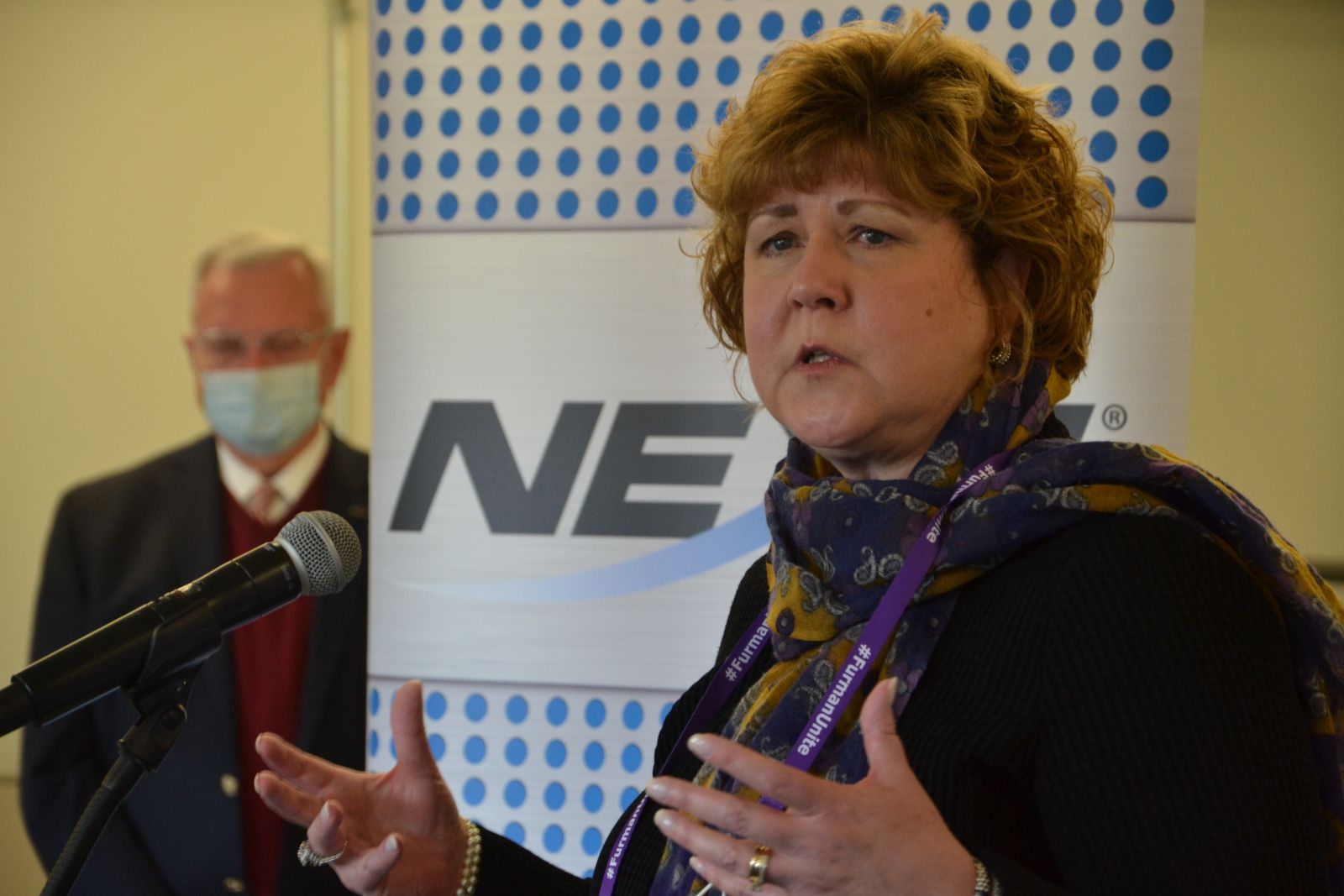 Civic, education and government leaders announced plans Thursday to put more fuel behind Next, an entrepreneur support organization that has operated under the auspices of the Greenville Chamber since 2006.
Civic, education and government leaders announced plans Thursday to put more fuel behind Next, an entrepreneur support organization that has operated under the auspices of the Greenville Chamber since 2006.
Next, until now operated as a wholly owned subsidiary of the chamber, will be moved under the Greenville Chamber Foundation’s umbrella. Significantly, it will take on the 501(c)(3) status of the foundation, opening the doors for more funding and enhanced relationships with additional partners.
The objective is to improve and grow the area’s ecosystem to foment high-impact entrepreneurship.
The city of Greenville, Greenville County and Furman University participated in Thursday’s announcement, pledging additional support to Next. The city announced plans to invest $250,000 annually into the organization for the next five years.
City Manager John McDonough said the support is consistent with the Greenville City Council’s desire to support economic development.
Greenville Chamber CEO Carlos Phillips said Next has already proven itself to be an effective incubator of technology and innovation, and the new arrangement will further strengthen the organization.
“By moving to the foundation, Next will enjoy a revised governance model and access to partnerships and resources that should lead to continued growth to Greenville’s high-impact entrepreneurial ecosystem,” he said. “The chamber will continue its financial support of Next through Accelerate, Greenville’s private sector fuel economic development initiative. It is another shining example of the value our community puts on public-private partnerships.”
Next also announced that their Next on Main facility, located on the third floor of the Bank of America building overlooking One City Plaza, will include offices for Next, the city of Greenville’s economic development team, and Furman’s Institute for Innovation and Entrepreneurship.
Furman University President Elizabeth Davis said everywhere entrepreneurship blossoms, education plays a role.
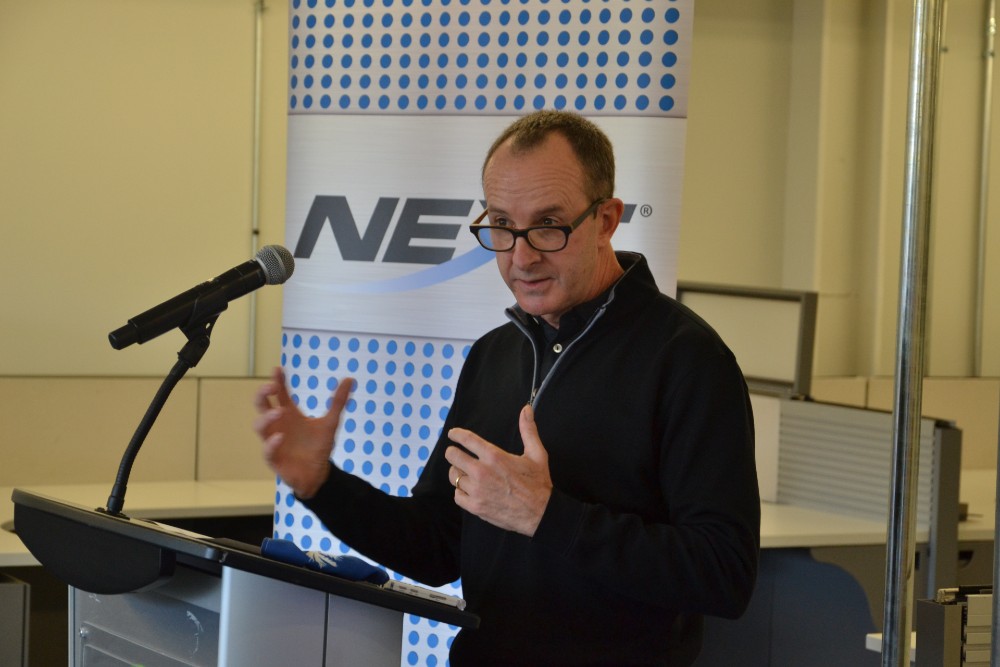 “If you look at outstanding innovation centers across the country, they always have a university partner, and that’s because we bring talent; we bring students; we bring faculty who, through their research, their creativity, their imagination, can actually help spur economic development within an organization,” she said. “And it also serves to keep that talent local when they’re supported by a place that values their work.”
“If you look at outstanding innovation centers across the country, they always have a university partner, and that’s because we bring talent; we bring students; we bring faculty who, through their research, their creativity, their imagination, can actually help spur economic development within an organization,” she said. “And it also serves to keep that talent local when they’re supported by a place that values their work.”
Scott Millwood, founder and CEO of Yesflow and co-founder and current board chair of Next, said the organization will begin work immediately to increase support for Next, as well as a CEO.
He said Next supports 110 companies that have about 1,400 employees collectively.
“In 2019 our members had 740,000 square feet of office space local,” he said. “Over 200 new jobs were created by our members in this past year, the average salary that is 1.5 X the county average and that’s big impact all the way around and what we’re trying to perpetuate and extend.”
Millwood said high-impact entrepreneurship is a growing part of the economy and Next needs to make sure the Upstate is prepared to accommodate that growth.
“Our mission is to help entrepreneurs start, grow and scale their businesses at a place they love to live,” he said. “And to make that happen we’re really just ecosystem builders.”
He said tech entrepreneurship is 5% of the economy today and expected to be 10% by 2030.
“That’s $14 trillion of economic growth and we think our region is particularly well suited to capitalize on that growth,” he said. “We are going to amp up all the programs that we’re running and help catalyze our region and take a leadership role in attracting and building the type of companies that can have a transformative impact on or community.”
Attracting and growing those companies improves the Upstate for everyone, he said.
“Those people buy houses, they shop on Main Street, they visit restaurants, and that employs even more people so I think that’s part of it: it’s let’s get our fair share of the high-impact jobs that these transformative tech-enabled companies can deliver,” Millwood said.
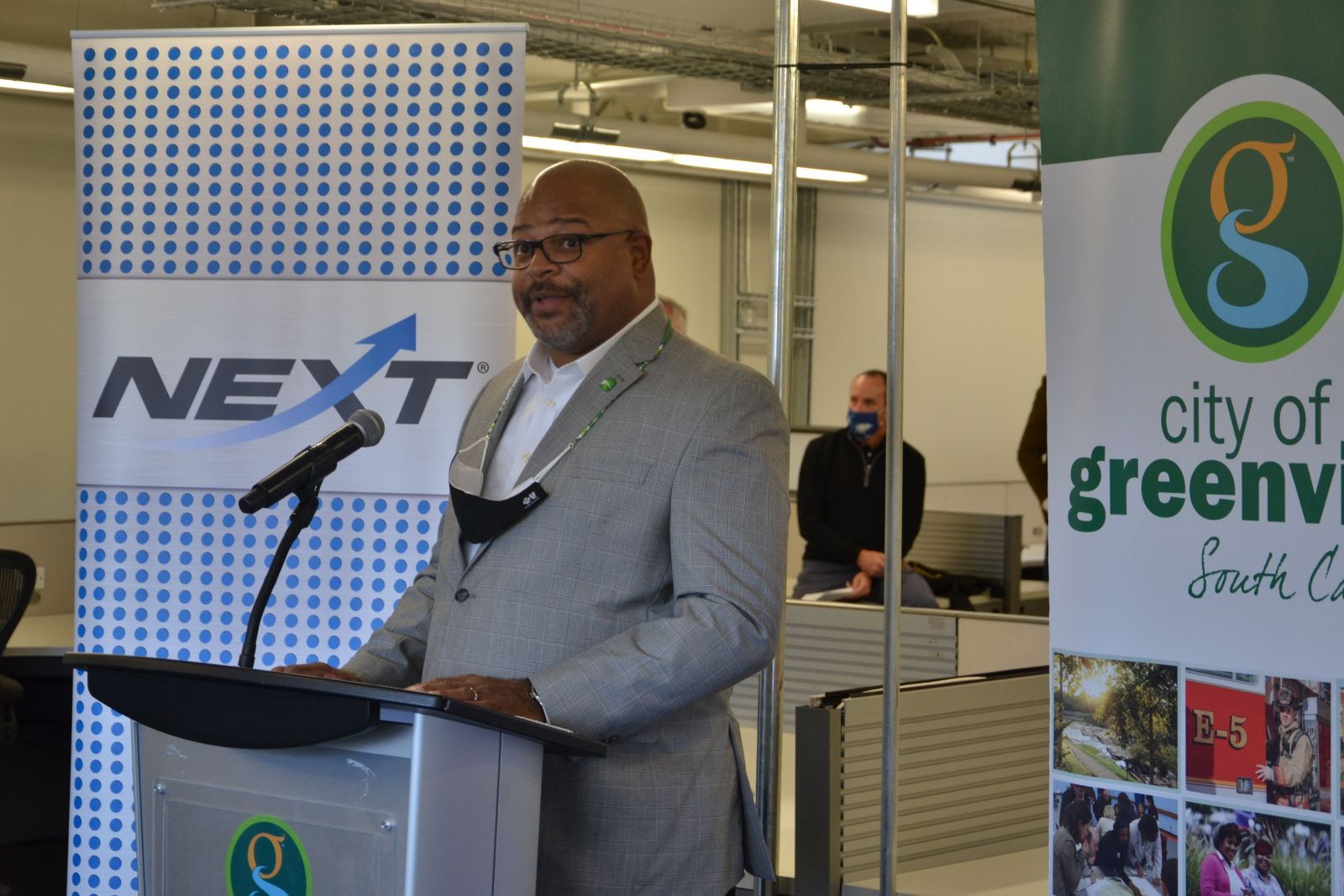 Phillips said the new model will create an environment where more of those opportunities take place.
Phillips said the new model will create an environment where more of those opportunities take place.
“Ideas can come from anyone,” he said. “What we want to do is create an environment that is welcoming of those ideas, an environment that can further those ideas, turn those ideas into actual dreams that people have. So this is fully aligned with the chamber’s vision for our community. And I’m glad that we have partners at the table that want to work together to achieve our economic goals.”
“I think Greenville’s economic story, if you can boil it down to one word, is evolution,” Phillips said. “It wasn’t too long ago that we were the textile capital of the world but we have been in a steady state of evolution over the past few decades and this is certainly another step in that evolution. Entrepreneurship is very important, but it doesn’t happen on its own. You’ve got to build it, you’ve got to foster it, and you got to support that.”
F







